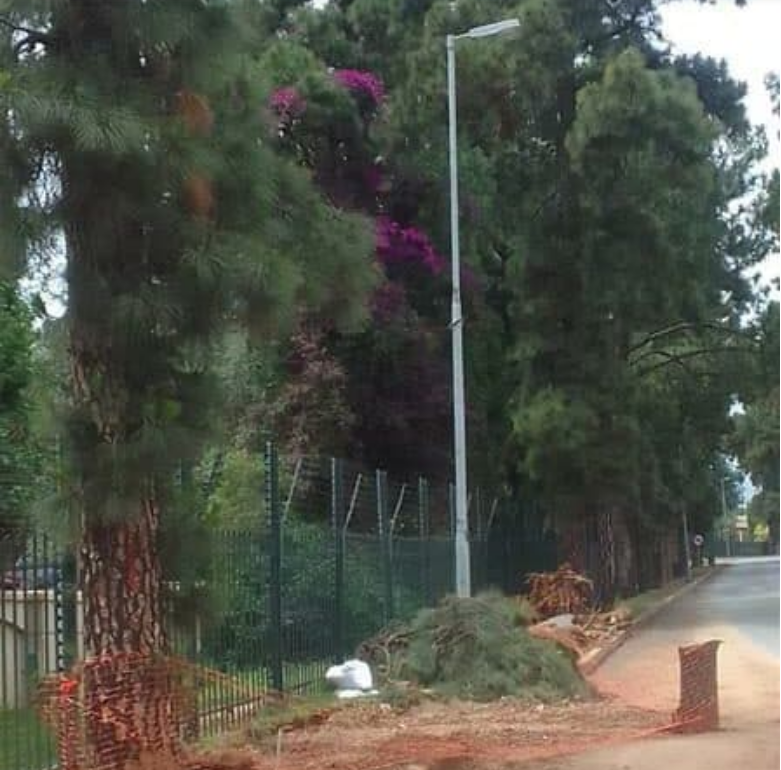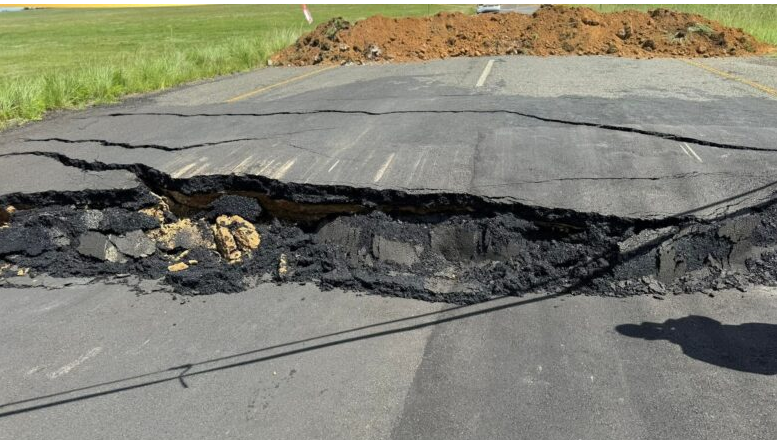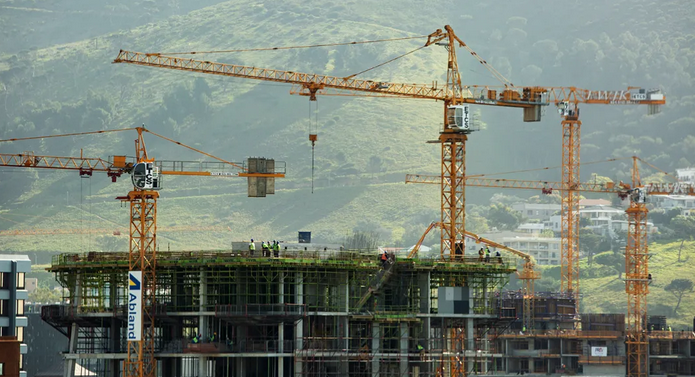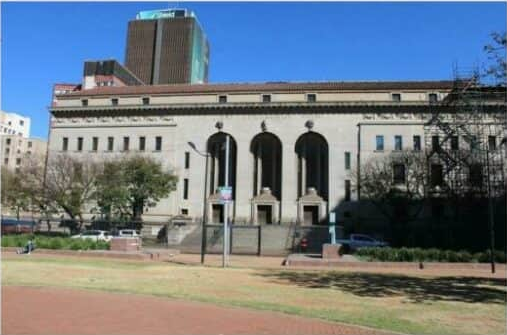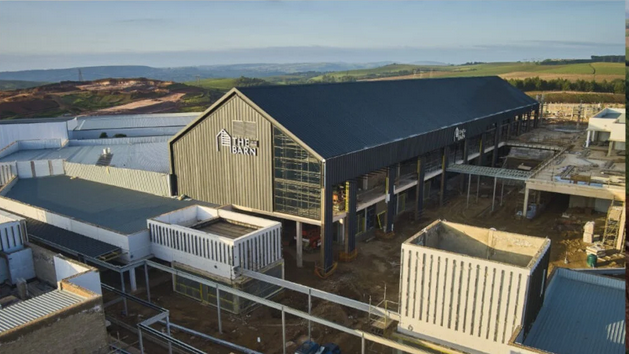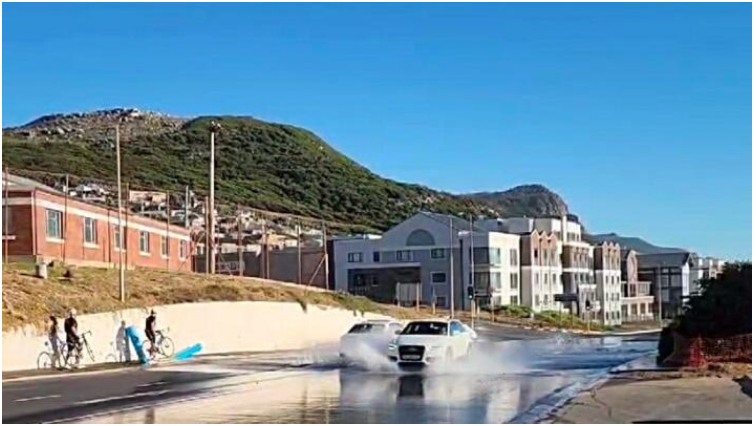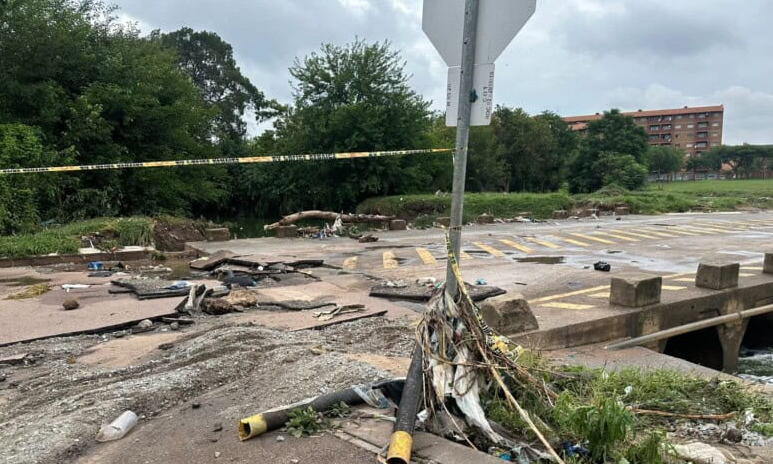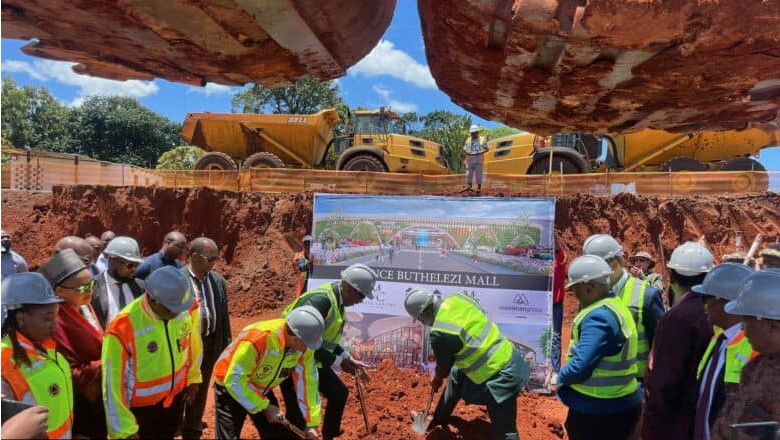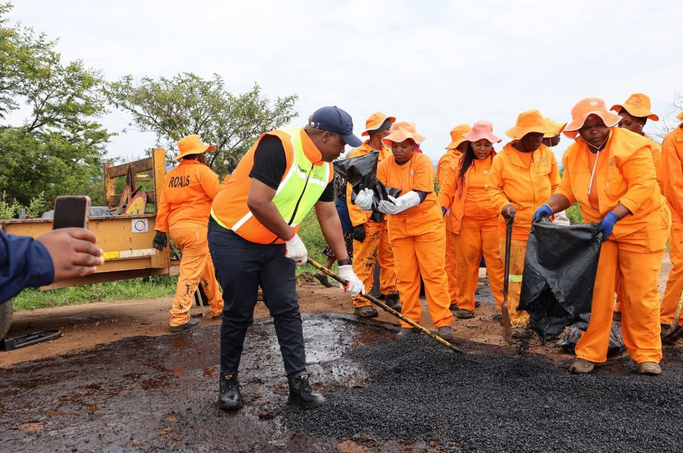Government wrestles control for upgrading water infrastructure away from “distressed” municipalities
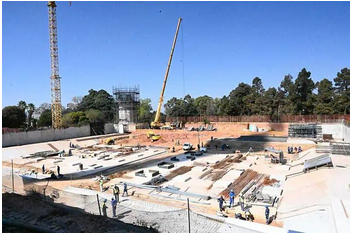
13-01-2025
Read : 78 times
Cbn
Source
Government wrestles control for upgrading water infrastructure away from “distressed” municipalities
A change to the Revenue Act opens the way for the Municipal Infrastructure Support Agent (MISA) to bypass crisis hit municipalities, excluding them from R17,86-billion in funding.
AN amendment to the Division of Revenue Act opens the way for the national government to wrestle control from “distressed” municipalities when it comes to upgrading their water infrastructure.
This move is a response to the water crisis, primarily caused by underinvestment and lack of maintenance in water and sanitation infrastructure by municipalities.
The scale of the crisis can be seen in the 2023 Blue Drop Report, finding that 277 of 958 (29%) water supply systems were “in a critical state” in the country compared with 174 systems in 2014. The crisis is so great there is a growing fear that Johannesburg might be heading to “Day Zero”, where its taps will one day run dry.
The change to the act that sees the Municipal Infrastructure Grant (MIG) go from a Schedule 5b (direct grant) to a Schedule 6b (indirect grant) is one way to address the crisis.
This amendment means the grant, which is meant to upgrade municipal infrastructure, will not be given directly to a troubled municipality but rather to the Municipal Infrastructure Support Agent (MISA), which will be the “implementing agent”.
BRICS backing
The change will effectively mean that problem municipalities will not have direct access to $1-billion (R17,86-billion) loan from the New Development Bank – a BRICS funding institution – which will be used to upgrade water and sanitation infrastructure in the country via the MIG.
Although the government has the money, it is hesitant to trust faltering municipalities that were responsible for the crisis with the funding. This is why MISA, which was formed in 2011 to provide technical support to municipalities, has become a key player in addressing the crisis.
Though MISA started out as a support service, capacity weaknesses in many municipalities have seen its role steadily change, and it has now become directly involved in the administration of upgrade projects.
The amendment to the Division of Revenue Act has already seen MISA become the implementing agent that will upgrade water and sanitation infrastructure at two municipalities.
“The conversion has already commenced in two municipalities, namely uThukela District Municipality in KwaZulu-Natal and Emfuleni Municipality in Gauteng,” said Deputy President Paul Mashatile, who was briefing Members of Parliament (MPs) in the National Assembly on various issues in November.
MISA already supports 22 dysfunctional municipalities, which were regarded as the worst performing in a total of 66 dysfunctional municipalities, as identified in the 2022 State of Local Government Report.
Room for improvement
Though MISA, which is a relatively unknown agency, is key to upgrading water and sanitation infrastructure, its performance has dropped over the past few years.
The budgetary review and recommendations report of the portfolio committee on cooperative governance and traditional affairs says despite achieving its sixth consecutive clean audit, there was “a significant and drastic decline” in the organisation’s service delivery performance over the last four financial years.
MISA’s expanding mandate and municipal budgetary constraints are the reasons for its failure to achieve the planned target of reducing non-revenue water losses by 5%.
Even so, the portfolio committee was still critical. “The entity’s downward performance curve during the period under review is a cause for concern. The unfavourable audit findings around issues of indicator measurability and reliability are indicative of planning that is not sufficiently realistic.”
Wait and see
Companies looking to partner with the agency might also have to wait a while. Though it says it is looking for private sector partners to invest in municipal infrastructure, it did not enter into any private sector partnerships for the 2023/2024 period.
It has, however, issued several tenders, such as the one for R50-million for the installation of bulk water meters for the Dr Pixley Ka Isaka Seme Local Municipality in Mpumalanga. It has also issued a R50-million tender for the refurbishment of two boreholes and installation of the associated elevated storage and water pre-treatment facilities for the Ngwathe Local Municipality.
A difficult business model
Bringing in the private sector to help solve the water crisis is easier said than done. This is according to a position paper funded by the Water Research Commission, which said municipal water infrastructure performance-based contracts (PBCs) only work in a limited number of cases.
“The research found that PBCs are an attractive and viable option but are only applicable in a small number of municipalities and where a number of pre-conditions have been met. Setting up and sustaining PBCs requires effort and commitment on the part of the municipality, and external technical and financial support may be required.”
In essence, it found that functional municipalities did not need to bring in an outside contractor to run their water infrastructure effectively, and dysfunctional municipalities presented too many risks for the private sector to get involved with.
Recent News
Here are recent news articles from the Building and Construction Industry.
Have you signed up for your free copy yet?
